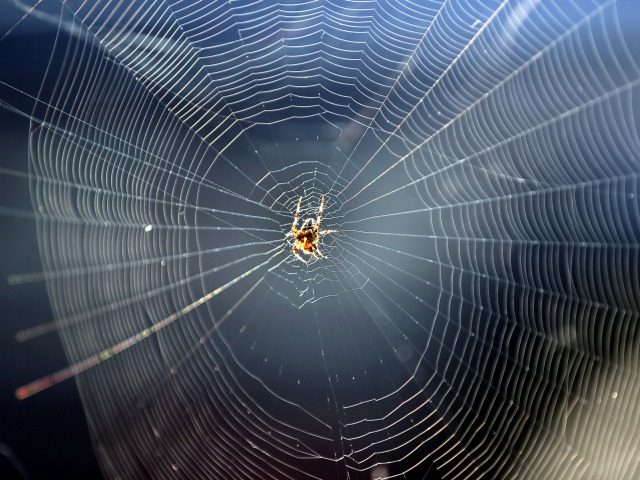Researchers in the United Kingdom and Italy have developed a method that causes spiders to produce silk that is five times stronger than its already legendary toughness.
Spider silk is already one of the strongest natural products on our planet. With a tensile strength comparable to a high-grade steel alloy, but only a sixth of its density, it is already among Earth’s greatest wonders. Despite its merits, however, it has lacked practical application.
Nicola Pugno and his team of scientists at Italy’s University of Trento hope to change that. They have successfully fed nanotubes made from graphene and carbon to spiders through the water they drink, causing the arachnid test subjects to produce webbing that combines their natural talent with modern technology to create silk that is five times stronger than before.
As explained by Pugno:
We already know that there are biominerals present in in the protein matrices and hard tissues of insects, which gives them high strength and hardness in their jaws, mandibles and teeth, for example.
So our study looked at whether spider silk’s properties could be ‘enhanced’ by artificially incorporating various different nanomaterials into the silk’s biological protein structures.
The “biocomposite” silk, even at this earliest of stages, has already proven itself to be one of the strongest materials in the world. Pugno rightfully boasts that it is “among the best spun polymer fibres in terms of tensile strength, ultimate strain, and especially toughness, even when compared to synthetic fibres such as Kevlar.” As the research continues, he believes that similar techniques might be applied to other organisms, leading to “a new class” of biocomposite materials with “innovative applications.”
Follow Nate Church @Get2Church on Twitter for the latest news in gaming and technology, and snarky opinions on both.

COMMENTS
Please let us know if you're having issues with commenting.